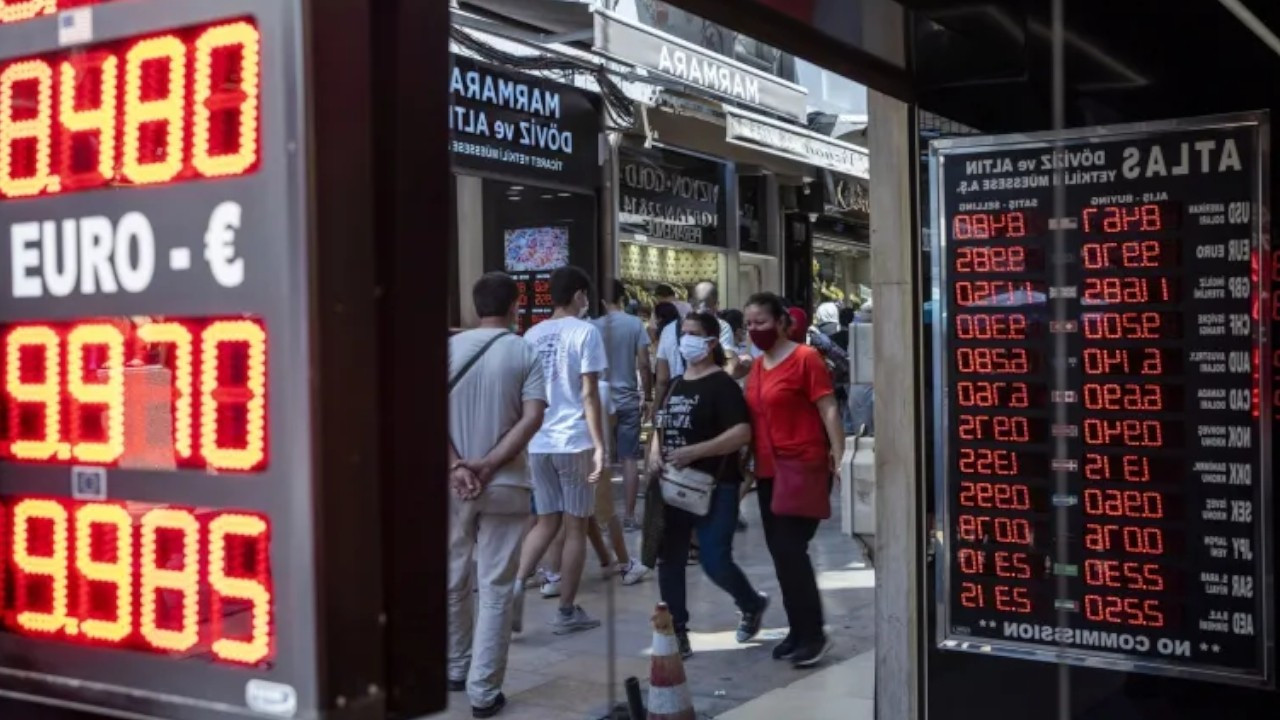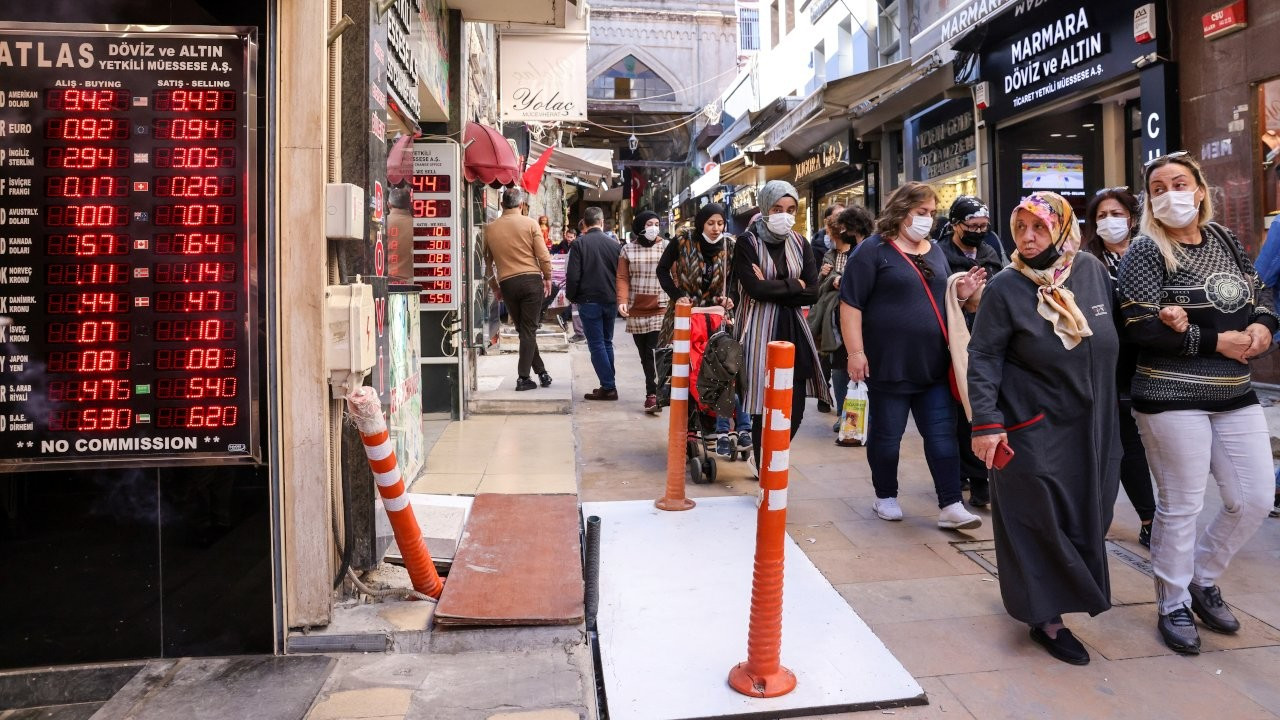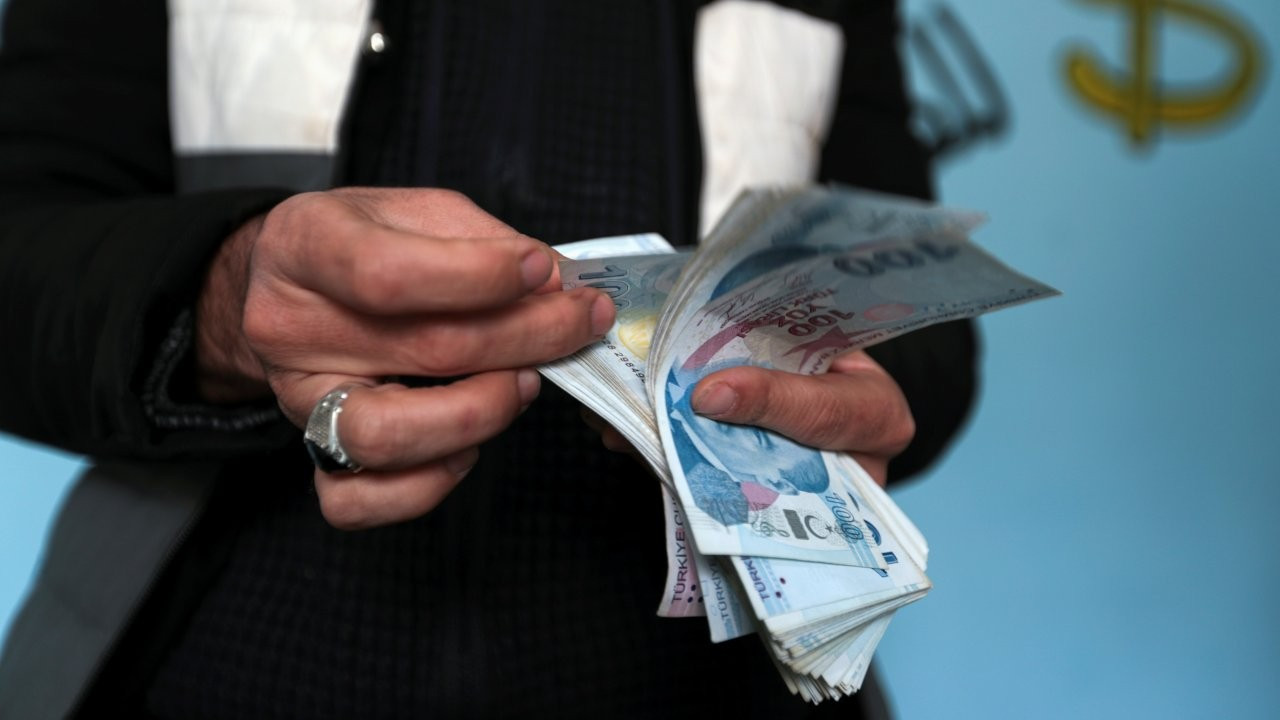Erdoğan convinced to hold steady on interest rates until summer, columnist says
President Recep Tayyip Erdoğan has been convinced to stop cutting interest rates until the tourism season begins in May, columnist Erdal Sağlam said. Since September, repeated rate cuts have led to plummeting in the value of the lira.
Duvar English
On Jan. 20, the Turkish Central Bank voted to hold interest rates steady at 14% in the face of skyrocketing inflation and a lira that is 13.4 to the dollar. Journalist Erdal Sağlam said in a column for Deutsche Welle Turkish that President Recep Tayyip Erdoğan was convinced to hold the interest rates steady until the tourism season begins in May.
Since September 2021, Erdoğan has held firmly to a “new economic policy” unfounded in traditional economic thought. Despite raising interest rates earlier in 2021 to combat the effects of the pandemic, Erdoğan announced that Turkey was being preyed upon by foreign investors and that low-interest rates would lead to a decrease in skyrocketing inflation. The Central Bank, at the behest of Erdoğan, lowered the policy rate from 19% to 14% from September to December.
This pushed both inflation and foreign exchange rates to record highs. The lira hit an all-time low of over 18 to the dollar before dropping as a result - ostensibly - of government intervention on December 20, while official inflation now stands at 36.8% (experts believe it is actually much higher).
Despite allowing the rates to hold steady at the Central Bank meeting on Jan. 20, economy writer Sağlam said that Erdoğan has not given up on dropping interest rates. Rather, he is now prioritizing keeping FX rates steady. The only goal now, he writes, is to keep rates down until the tourism season begins in May.
According to the DW report, Erdoğan was also affected by the state of the Turkish Central Reserves, which stand at negative 60 billion, and the expectation that the US Fed could raise interest rates higher this spring. Both of these factors could push exchange rates and interest even higher.
DW further reports that the Central Bank is keeping a close eye on the markets to ensure that the FX rates do not rise above their current levels. They are active “24 hours a day, 7 days a week,” ready to intervene (with the sale of foreign currency or other economic instruments).
Many other economists reacted to the government’s apparent new policy of limiting inflation and exchange rates – the polar opposite to their approach this fall, which ostensibly prioritized exports. Economist Mahfi Eğilmez criticized the moves.
“We were going to raise the exchange rate by lowering the interest rate, but exports would increase, the current account deficit would decrease, and then inflation would decrease,” he said. “Has the model changed again, what happened, why didn't we lower the interest rate?”

 Turkish Central Bank holds policy rate unchanged at 14 percentEconomy
Turkish Central Bank holds policy rate unchanged at 14 percentEconomy Erdoğan calls on citizens to keep all savings in lira as currency remains volatileEconomy
Erdoğan calls on citizens to keep all savings in lira as currency remains volatileEconomy Economists say Erdoğan's new policy means veiled interest rate hikeEconomy
Economists say Erdoğan's new policy means veiled interest rate hikeEconomy